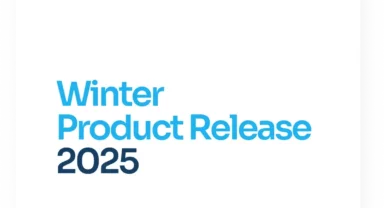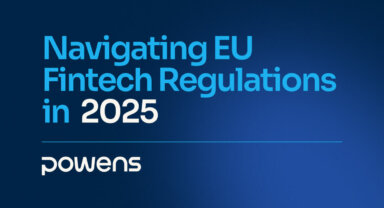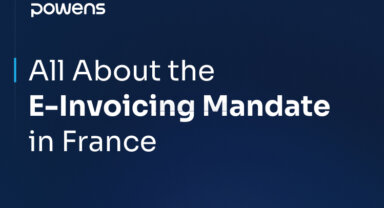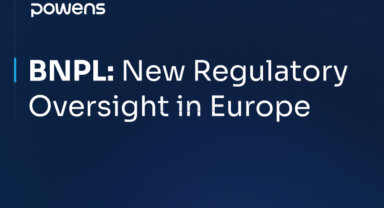What are the Impacts of PSD3 and PSR on European Payment Services
The European Union is on the verge of a notable regulatory transformation with the impending arrival of Payment Services Directive 3 (PSD3) and the Payment Services Regulation (PSR). These revisions are poised to redefine the dynamics of payment services and e-money, building upon the groundwork laid by PSD2, with a focus on fortifying consumer protection, fostering open banking, and promoting competition in payment services across the EU.
Combatting Payment Fraud
PSD3 places a central emphasis on combating payment fraud. It facilitates voluntary communication among Payment Service Providers (PSPs) regarding fraud-related information, aims to raise consumer awareness, and strengthens customer authentication protocols. A significant stride is the introduction of mandatory verification systems to align payees’ IBAN numbers with their account names for all credit transfers, a measure anticipated to notably reduce instances of fraud.
Access to Payment Systems and Bank Accounts
A primary objective of the proposals is to facilitate enhanced access to payment systems and bank accounts for non-bank PSPs. Through the imposition of stricter requirements for banks and the provision of additional safeguarding mechanisms for users’ funds, PSD3 and PSR endeavor to nurture a more inclusive financial ecosystem.
Enhancing Consumer Rights
PSD3 underscores the enhancement of consumer rights, particularly in terms of transparency and contractual clarity. The directive aims to furnish consumers with clearer information on account statements and ATM charges, striving for greater uniformity and specificity in contractual obligations between PSPs and their clientele.
Strengthening User Protection and Confidence
PSD3 introduces a suite of measures aimed at fortifying user protection and confidence in payments. This encompasses extended verification procedures, bolstered transaction monitoring, and updates to strong customer authentication. Additionally, PSD3 endeavors to refine consumer rights and information by mandating PSPs to furnish comprehensive and transparent transaction charge details.
Advancing Open Banking
Open Banking is poised for a substantial boost under PSD3. The directive seeks to dismantle barriers hindering the provision of open banking services, empowering customers with greater control over their payment data. This initiative not only paves the way for innovative services but also endeavors to level the playing field between traditional banks and non-bank payment providers by ensuring equitable access to EU payment schemes.
Regulatory and Supervisory Developments
Under the new framework, existing PSD2 entities will be required to reapply for a license within 24 months of PSD3’s enforcement. This process aims to ensure ongoing compliance with updated regulations, reflecting the significant shifts in payments and financial services regulation since 2015.
Competitive Open Banking Services
The directive introduces fresh requisites for dedicated data access interfaces to enhance the competitiveness of open banking services. By alleviating current hurdles faced by Account Information Service Providers (AISPs) and Payment Initiation Service Providers (PISPs), PSD3 cultivates a more inclusive and dynamic Open Banking Ecosystem.
Looking Ahead
The legislative journey for PSD3 and PSR is currently underway, with expectations for the final versions to be available by the end of 2024, and implementation likely around 2026. These reforms signify a pivotal stride towards bolstering consumer protection, streamlining payment efficiency and security, and stimulating innovation within the European payments market.
The advent of PSD3 and PSR heralds a crucial evolution in the EU’s Payment Services framework, geared towards addressing the challenges and opportunities of the swiftly evolving digital finance landscape. As the proposals progress through the legislative pipeline, all stakeholders within the payment ecosystem should brace themselves for the significant transformations and opportunities on the horizon.
Don’t let any new regulations catch you off guard.
Contact one of our experts to learn how to get ahead of the curve now.
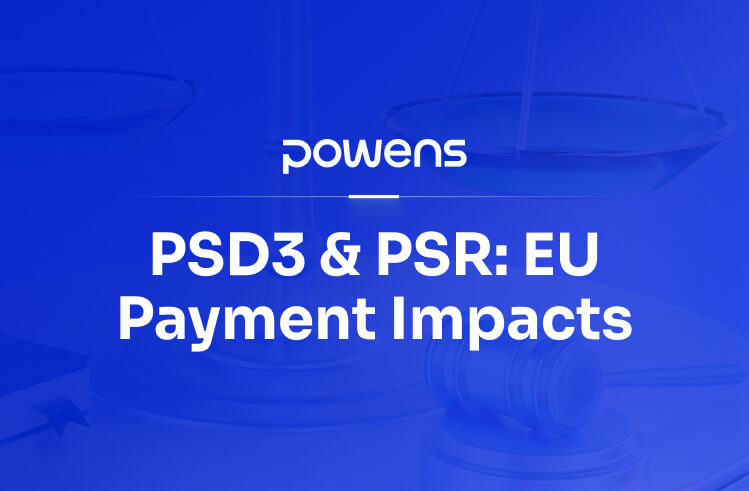
 Apr 19, 2024
Apr 19, 2024 




